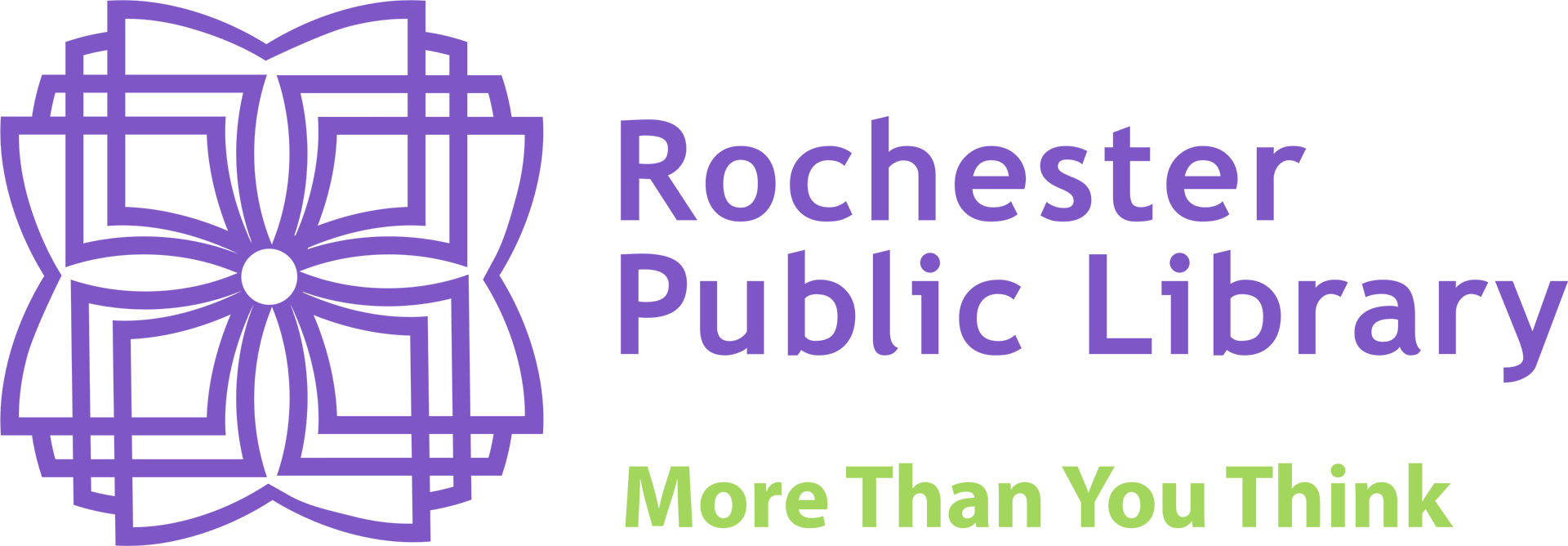Understanding White Privilege
Raising Our Hands: How White Women Can Stop Avoiding Hard Conversations, Start Accepting Responsibility, and Find Our Place on the New Frontlines (2020) by Jenna Arnold
White women are one of the most influential demographics in America—they are the largest voting bloc, with purchasing power that exceeds anybody else’s, and when they unify to demand change, they are a force to be reckoned with. Yet, so many white women sit idly on the sidelines, opting out of raising their hands to do, learn, and engage in ways that could make a difference. Why?
Biased: Uncovering the Hidden Prejudice That Shapes What We See, Think, and Do (2019) by Jennifer L. Eberhardt
An expert in the issue of unconscious racial bias, Stanford psychology professor and MacArthur Fellow Eberhardt argues that even those who don’t believe they are biased and who strive to treat others equally can still harbor bred-in-the-bone stereotypes. To make her case, she draws on both research in the lab (as well as police departments, courtrooms, prisons, and boardrooms and on the street) and personal experience, showing that bias isn’t restricted to a few screechy outliers but can affect us all. And it can be fixed by all of us together.
Uncensored: My Life and Uncomfortable Conversations at the Intersection of Black and White America (2018) by Zachary H. Wood
Growing up in poverty but receiving his education at elite private schools, Wood talks about becoming able to speak to people not like himself and, through conversation, creating understanding of one another.
Not My Idea: A Book About Whiteness (2018) by Anastasia Higginbotham
Audience: Children
A white child sees a TV news report of a white police officer shooting and killing a black man. “In our family, we don’t see color,” his mother says, but he sees the colors plain enough. An afternoon in the library’s history stacks uncovers the truth of white supremacy in America.
Racism and Bias
Eloquent Rage (2018) by Brittney Cooper
Far too often, black women’s anger has been caricatured into an ugly and destructive force that threatens the civility and social fabric of American democracy. But Cooper shows us that there is more to the story than that. Black women’s eloquent rage is what makes Serena Williams such a powerful tennis player, Beyonce’s girl power anthems resonate, and Michelle Obama an icon.
The Color of Law: A Forgotten History of How Our Government Segregated America by Richard Rothstein
The Color of Law incontrovertibly makes clear that it was de jure segregation―the laws and policy decisions passed by local, state, and federal governments―that promoted the discriminatory patterns that continue to this day.
For the Books Sandwiched In review of The Color of Law, presented by FFRPL May 2020, click here.
Makes Me Wanna Holler by Nathan McCall
In this honest reflection of the perils of growing up a black male in urban America, reporter Nathan McCall tells the story of his passage.
Sister Outsider (1984) by Audre Lorde
In this charged collection of fifteen essays and speeches, influential poet and feminist writer Audre Lorde takes on sexism, racism, ageism, homophobia, and class, and propounds social difference as a vehicle for action and change.
How We Fight For Our Lives: A Memoir (2019) by Saeed Jones
Haunted and haunting, Jones’s memoir tells the story of a young, black, gay man from the South as he fights to carve out a place for himself, within his family, within his country, within his own hopes, desires, and fears. Through a series of vignettes that chart a course across the American landscape, Jones draws readers into his boyhood and adolescence–into tumultuous relationships with his mother and grandmother, into passing flings with lovers, friends and strangers. Each piece builds into a larger examination of race and queerness, power and vulnerability, love and grief: a portrait of what we all do for one another–and to one another–as we fight to become ourselves.
Don’t Call Us Dead: Poems (2017) by Danez Smith
Smith’s unflinching poetry addresses race, class, sexuality, faith, social justice, mortality, and the challenges of living HIV positive at the intersection of black and queer identity. The collection opens with a heartrending sequence that imagines an afterlife for black men shot by police, a place where suspicion, violence, and grief are forgotten and replaced with the safety, love, and longevity they deserved on earth. “Dear White America,” which Smith performed at the 2014 Rustbelt Midwest Region Poetry Slam, has as strong an impact on the page as it did on the spoken word stage. Smith’s courage and hope amidst the struggle for unity in America will humble and uplift you.
Fiction
An American Marriage (2018) by Tayari Jones
Americanah (2013) by Chimamanda Ngozi Adichie
The Nickel Boys (2019) and The Underground Railroad (2016) by Colson Whitehead
Home (2012) by Toni Morrison
Homegoing (2016) by Yaa Gyasi
Sing, Unburied, Sing (2017) by Jesmyn Ward
The Turner House (2015) by Angela Flournoy
Other Resources
In November 2019, The Frederick Douglass Family Initiatives welcomed 2019 Guggenheim Fellow, National Book Award recipient and Founding Director of American University’s Antiracist Research & Policy Center, Ibram X. Kendi, to Rochester for a (sold out) ‘How To Be An Antiracist’ lecture and panel discussion at Hochstein Performance Hall.
FFRPL & RPL sponsored the event and purchased 700+ simultaneous e-book downloads of How to Be an Antiracist in support of the program.
Thanks to Dr. Kendi for allowing us to make his talk available (for free) to the general public as part of our antiracist resource guide offerings.
Watch Dr. Kendi’s talk here: https://youtu.be/LU_EGoaS3mc
Children’s Literature
Radiant Child: The Story of Young Artist Jean-Michel Basquiat by Javaka Steptoe
Song for Jimi by Charles Smith
Magnificent Homespun Brown: A Celebration by Samara Cole Doyon
Last Stop on Market Street by Matt de la Pena
The Day You Begin by Jacqueline Woodson
Hair Love by Matthew Cherry
Thank You, Omu! by Oge Mora
Islandborn by Junot Diaz
The King of Kindergarten by Derrick Barnes
Adult Literature
Everyday is for the Thief by Teju Cole
Ark of Bones by Henry Dumas
Krik? Krak! by Edwidge Danticat
Born of a Woman: New and Selected Poems by Etheridge Knight
The Professor’s Daughter by Emily Raboteau
Beloved by Toni Morrison
Sula by Toni Morrison
Quicksand by Nella Larsen
Lucy by Jamaica Kincaid
Their Eyes Were Watching God by Zora Neale Hurston
Men We Reaped by Jesmyn Ward
Go Tell It on the Mountain by James Baldwin
A Nation Under Our Feet by Steven Hahn
The Half Has Never Been Told: Slavery and the Making of American Capitalism by Edward Baptist
Race and Reunion: The Civil War in American Memory by David Blight
Stony the Road: Reconstruction, White Supremacy and the Rise of Jim Crow by Henry Louis Gates, Jr.
How the Word is Passed by Clint Smith
Becoming by Michelle Obama
Well Read Black Girl by Gloria Elim
Schomburg: The Man Who Built a Library by Carole Boston Weatherford
A Black Women’s History of the United States by Daina Ramey Berry
Four Hundred Souls : A Community History of African America, 1619-2019
Ain’t I a Woman: Black Women and Feminism by Bell Hooks
The Souls of Black Folk by W.E.B. Du Bois
William Still: The Underground Railroad and the angel at Philadelphia by William Kashatus
Refugee: A Memoir by Emmanuel Mbolela
Bird Uncaged: An Abolitionist’s Freedom Song by Marlon Peterson
How The Word Is Passed: A Reckoning With The History of Slavery Across America by Clint Smith
An Afro-Indigenous History of the United States by Kyle T. Mays
I Was a French Muslim: Memories of An Algerian Freedom Fighter by Mokhtar Mokhtefi
The 1619 Project: A New Origin Story
IntroductionHistorical ConnectionsFilm and the ArtsCommunity Resources


